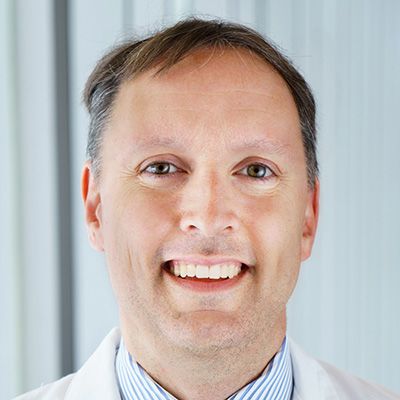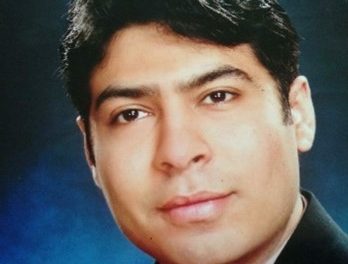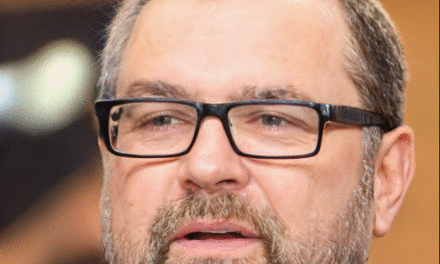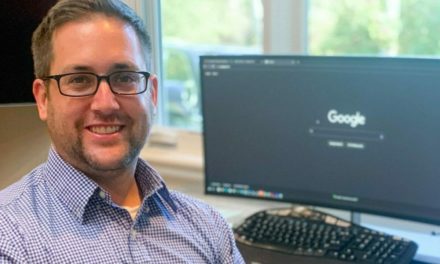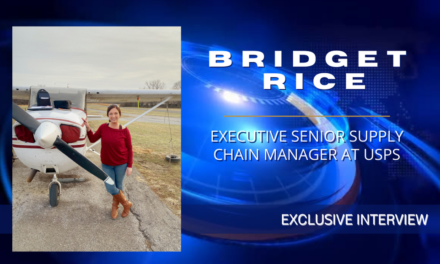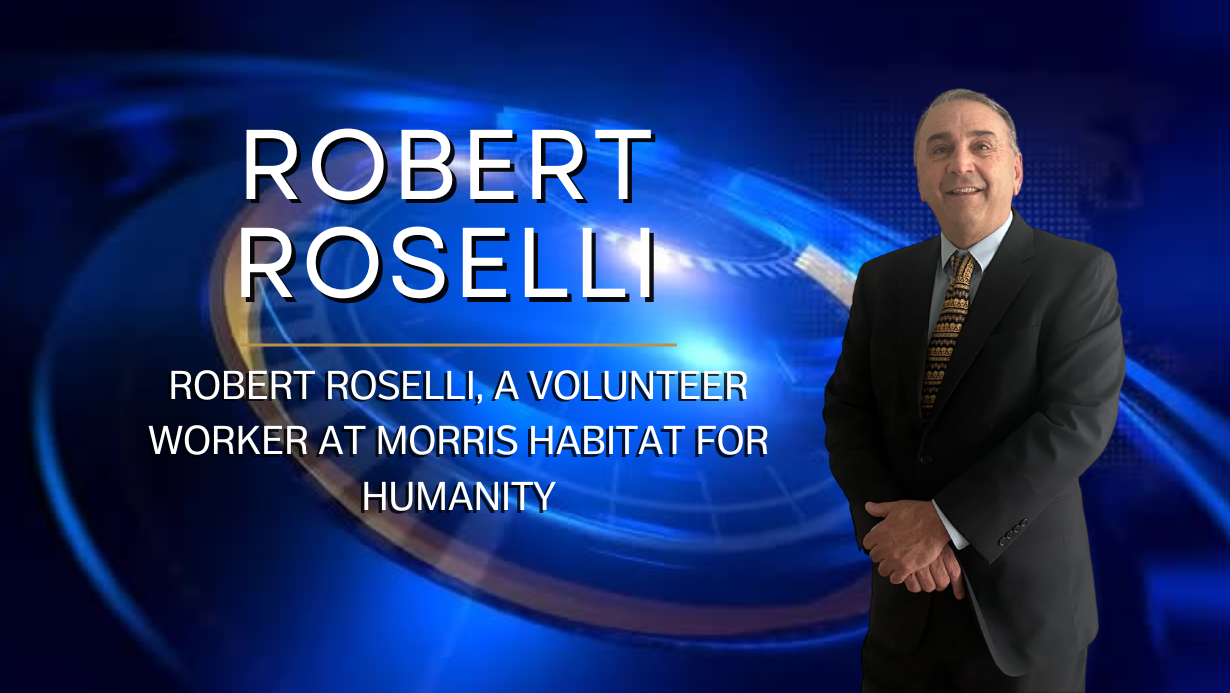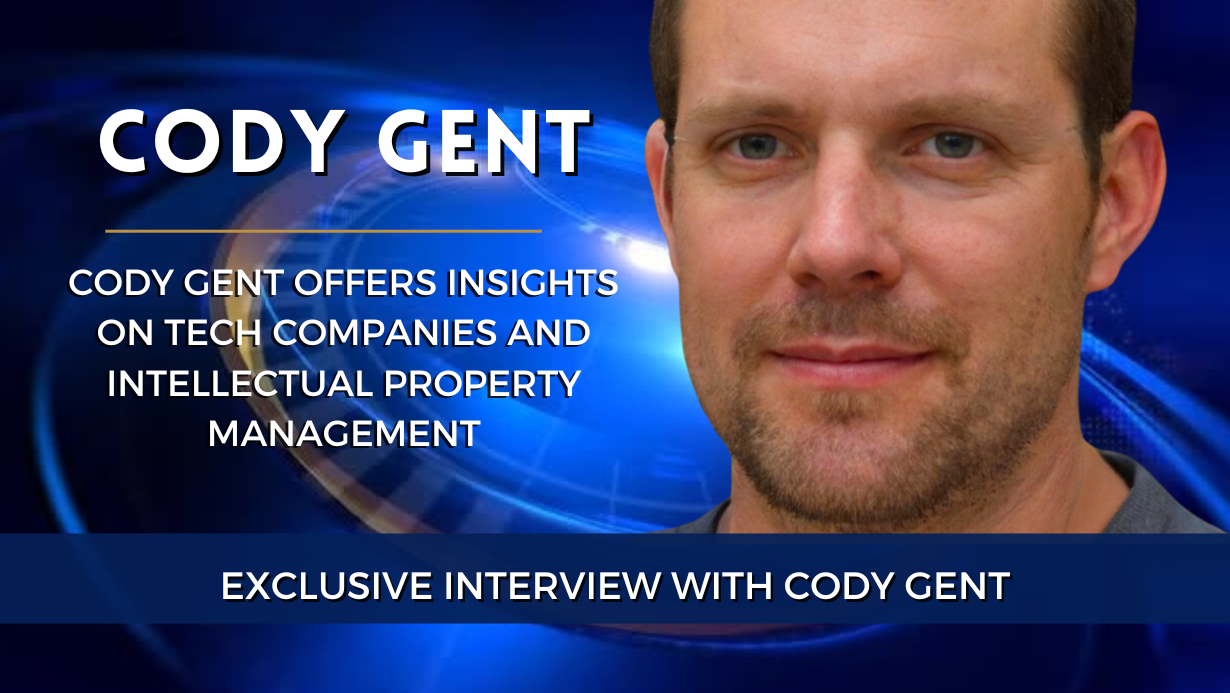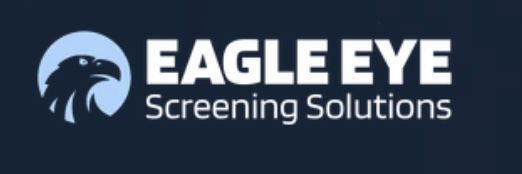David Richard Roesener of Dublin, Ohio is a well regarded medical physicist currently working as a radiation physicist at The Ohio State University Wexner Medical Center, where he has been working with the radiation oncology department since early 2014. Previously, he had served as a senior medical physicist for Global Physics Solutions based in Chicago, Illinois where he acted as the primary physicist for two centers in the Chicagoland area. He would prepare multiple centers for state audits performed by the Illinois Emergency Management Agency. He is also certified by the American Board of Radiology. From 2006 to 2009, David Roesener was a staff medical physicist as part of the department of radiation oncology in the Barrett Cancer Center at University of Cincinnati College of Medicine. From 2005 to 2006, he served as a junior medical physicist at Brigham and Women’s Hospital at Harvard Medical School.
David Roesener also has significant experience in the materials and metallurgical engineering field. He worked as a metallurgical engineering consultant for Byron Products in Fairfield, Ohio from 2003-2004, where he performed materials failure analysis investigations in addition to providing technical support and improving sales processes. From 1997 to 2002, Mr. Roesener was a materials engineer for Delphi Safety and Interiors, located in Vandalia, Ohio. Prior to that, he worked as a metallurgical engineer for MQS Inspection in Cincinnati, Ohio.
David R. Roesener holds a Bachelor of Science degree in Materials Engineering. He has also earned two Masters of Science degrees from the University of Cincinnati. The first he received in 2002 for Biomedical Engineering. The second he received in 2005 for Medical Physics. Mr. Roesener was an ASM International Committee member from 1996 to 2003. He was named ASM Outstanding Young Member in 1999. Other honors and certifications for David Roesener include the William Tholke Scholarship Award, an ongoing member of the American Association of Physicists in Medicine since 2003, and has held his Professional Engineer License from the State of Ohio since 2003. In his free time, Mr. Roesener enjoys playing music, recreational sports and exercise, as well as reading in a wide variety of subjects spanning scientific works to classical literature.
David, could you state your official title and role at The Ohio State University Wexner Medical Center?
I am a radiation physicist with the radiation oncology department.
What first got you interested in the field of medical physics?
I studied engineering but always had a strong interest in the medical field. I considered going the medical school route, but never even went as far as taking my MCAT because I wasn’t convinced it was the career that i wanted.. I found out about medical physics from an engineer who had discovered it years ago and was working as a medical dosimetrist. That was my introduction to the career, although there was a couple years delay before i started taking classes in the major. I actually didn’t realize they had a program in the city I lived in, until i was looking at the course catalog to take another elective in my biomedical engineering graduate degree program and saw a medical physics course.
What are some of the biggest challenges you face in your work?
One of the biggest challenges is keeping up with the latest research and developments in both physics and medicine. Because medical physics is such an interdisciplinary field, there’s a lot of information to keep track of. Another challenge is time related, the pace of clinical work can be relentless at times.
What does a typical day look like for you?
I work with the team of radiation oncologists, nurses, and therapists to ensure that our patients receive the most precise and effective cancer treatment possible. This includes performing quality assurance checks on our equipment, developing new treatment protocols, and collaborating with other members of the medical staff. I also spend time working on research projects aimed at improving our understanding of how best to use radiation therapy to treat cancer.
What would you say is the most rewarding aspect of your job?
I think the most rewarding aspect of my job is knowing that I am making a difference in the fight against cancer. Every day, I see firsthand how effective radiation therapy can be in treating this disease, and it’s very gratifying to be a part of that.
What advice would you give to someone considering a career in medical physics?
I would tell them to go for it! It’s a very rewarding field, both professionally and personally. There are always new challenges to keep things interesting, and you really feel like you’re making a difference in people’s lives.
What are your primary responsibilities in that role?
I work with the medical staff to ensure that patients receive the safest and most effective radiation treatments possible. This includes developing treatment plans, performing quality assurance checks on equipment, and monitoring patient outcomes.
Can you tell us a bit about your professional background prior to joining The Ohio State University?
I have worked as a medical physicist in both private practice and academia for over 15 years. I have also consulted in the materials engineering field, which has given me a unique perspective on the use of radiation in medical applications.
What inspired you to pursue a career in medical physics?
When I was an undergraduate student, I became interested in how materials and engineering could be applied to medicine. After completing my degrees, I worked in the private sector for a few years before deciding that I wanted to use my skills to help people directly. That’s when I made the switch to working in healthcare.
What do you consider to be the most rewarding aspect of your job?
Knowing that my work is directly helping patients receive life-saving treatment is very gratifying.
How do you deal with fear?
I think that fear is a natural emotion that we all experience at some point in our lives. What’s important is how we deal with that fear. For me, I try to face my fears head on and not let them control me. I also try to remind myself that whatever it is I’m afraid of, it’s probably not as bad as I think it is.
What are some of your hobbies or interests outside of work?
I enjoy playing music, recreational sports and exercise, as well as reading in a wide variety of subjects spanning scientific works to classical literature. I also enjoy volunteer work and helping out charitable causes. Just recently, my band played at a charity event to help raise funds for cancer research.
